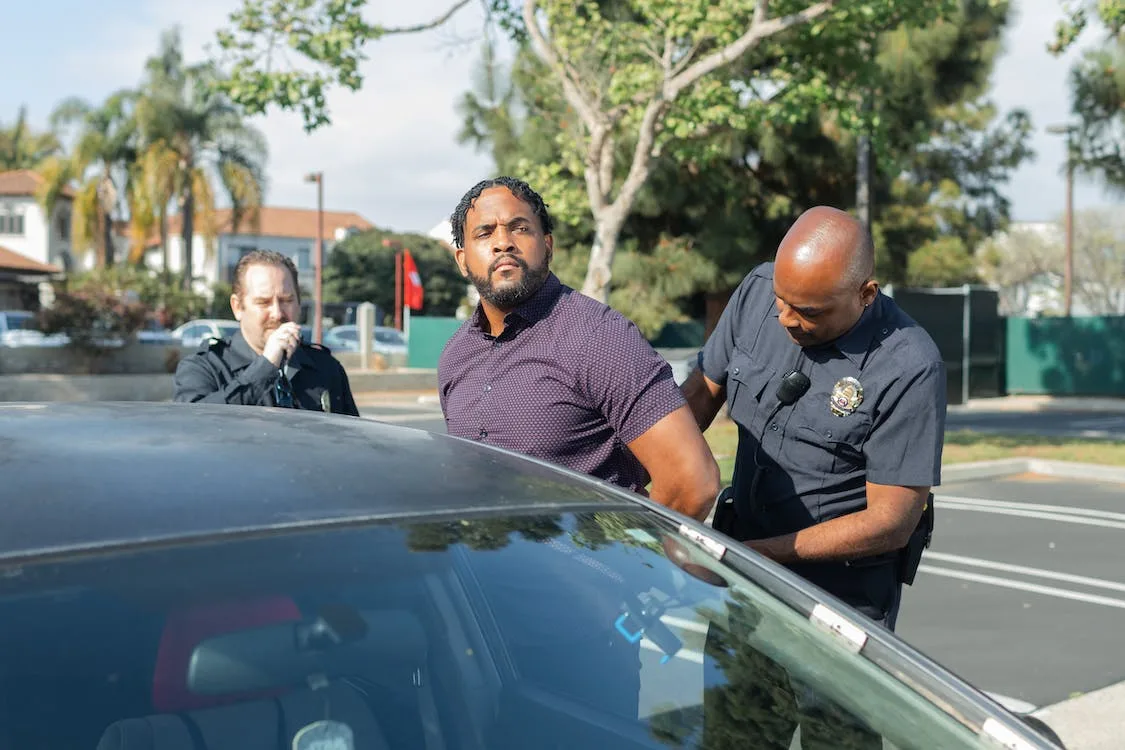Dispel a Legal Myth: You Can’t Be Arrested for Refusing to Identify Yourself
Image source: Pexels.com
Have you ever heard of the legal myth that you can’t be arrested for refusing to identify yourself to a police officer? If you have, you might want to think twice before relying on it. In this blog post, I’ll explain why this myth is false and what you should do if you’re ever stopped by the police.
What is a Terry stop and why do the police stop you?
The police have the authority to stop and question you if they have a reasonable suspicion that you are involved in a crime or about to commit one. This is known as a “Terry stop” or a “stop and frisk”. The purpose of this stop is to investigate the situation and determine if there is probable cause to arrest you or search you.
During a Terry stop, the police can ask you for your name, address, and other identifying information. They can also ask you where you are going, what you are doing, and why you are in the area. However, they cannot force you to answer these questions or provide any evidence against yourself. You have the right to remain silent and to ask for a lawyer.
When do you have to identify yourself to the police?
Some states have laws that require you to identify yourself to the police if they ask you during a Terry stop. These laws are known as “stop and identify” statutes. According to the Supreme Court, these laws do not violate the Fourth Amendment (which protects against unreasonable searches and seizures) or the Fifth Amendment (which protects against self-incrimination).
If you are in a state that has a stop and identify statute, and you refuse to identify yourself to the police during a Terry stop, you can be arrested for obstructing justice or resisting arrest. This is a misdemeanor offense that can result in fines, jail time, or both. Even if you are not guilty of any crime, refusing to identify yourself can escalate the situation and make things worse for you.
When can you refuse to identify yourself to the police?
If you are in a state that does not have a stop and identify statute, and you refuse to identify yourself to the police during a Terry stop, you cannot be arrested for that alone. However, you can still be arrested if the police have probable cause to believe that you have committed a crime or are about to commit one. For example, if the police see you holding a weapon, running away from a crime scene, or matching the description of a suspect, they can arrest you regardless of whether you identify yourself or not.
How should you handle a police encounter?
If you are ever stopped by the police, here are some tips on how to handle the situation:
- Stay calm and respectful. Do not argue, resist, or run away from the police. This can only make things worse for you.
- Keep your hands visible and do not reach for anything without permission. The police may think that you are reaching for a weapon or trying to hide something.
- Ask if you are free to go or if you are being detained. If you are free to go, leave calmly. If you are being detained, ask why and for how long.
- If the police ask for your identification, provide it if you have it. If you don’t have it or don’t want to provide it, ask if you are required to do so by law. If you are in a state that has a stop and identify statute, comply with the law and give your name. If not, politely decline and say that you wish to remain silent.
- If the police ask you any other questions, invoke your right to remain silent and your right to a lawyer. Say something like “I do not wish to answer any questions without a lawyer present.” Do not lie or give false information to the police. This can also get you in trouble.
- If the police search you or your belongings, do not consent or resist. Say that you do not consent to the search but do not physically interfere with it. The police may have legal grounds to search you without your consent, such as probable cause or a warrant.
- If the police arrest you, do not resist or fight back. Go with them peacefully and ask for a lawyer as soon as possible. Do not say anything else until your lawyer arrives.
Conclusion
The legal myth that you can’t be arrested for refusing to identify yourself to the police is false. Depending on where you live and what the circumstances are, refusing to identify yourself can lead to an arrest or make things worse for you. The best way to deal with a police encounter is to be calm, respectful, cooperative, and aware of your rights.
I hope this blog post has helped dispel this legal myth and given you some useful advice on how to handle a police stop.





0